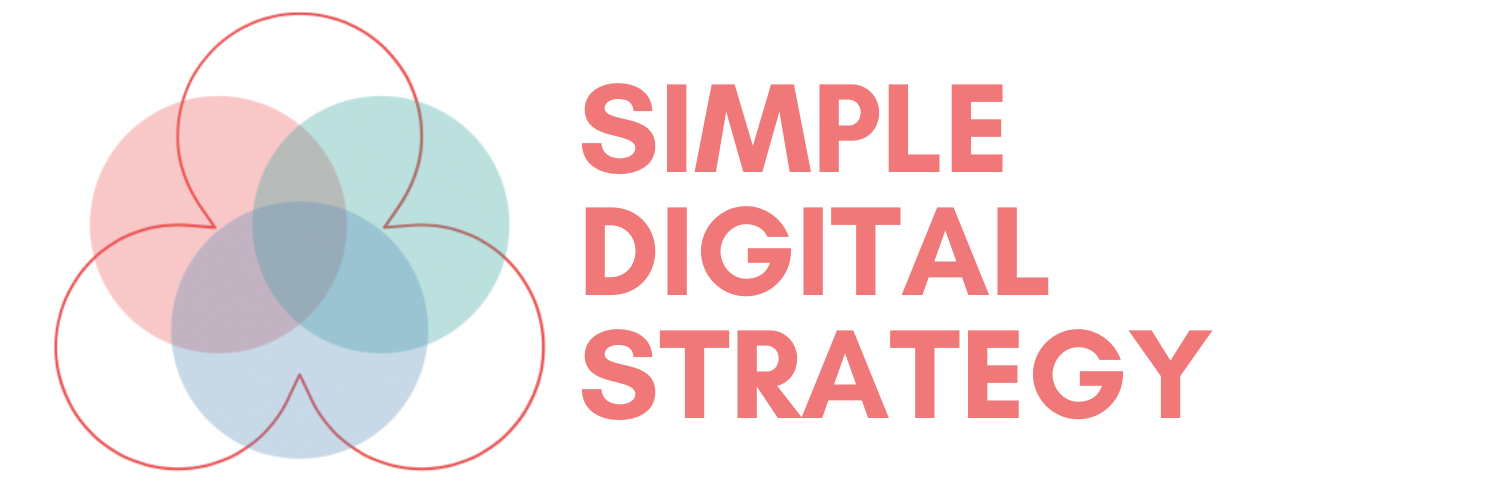5 Mistakes Small Businesses Make With Content Calendars
Most small businesses struggle to stay consistent with content - and content calendars are often misused or misunderstood. This article breaks down five common mistakes and how to fix them so your calendar actually drives results.

Content calendars are supposed to make content easier.
But for many small businesses, they become a source of stress, confusion, or wasted time.
Why?
Because most teams aren’t using them the right way.
Here are the 5 biggest content calendar mistakes - and how to fix each one so your calendar becomes a growth tool, not a to-do list.
1. Making It Too Complicated
If your calendar needs a user manual, it won’t get used.
You don’t need 30 columns, fancy statuses, or color-coded formulas. That just adds friction.
Fix:
Start with a simple structure:
- Topic
- Target keyword
- Publish date
- Status
Then add complexity only if needed.
2. Planning Too Far Ahead
12-month calendars sound strategic.
But content planning works best in sprints.
When you plan too far ahead:
- Priorities shift
- Topics become stale
- You lose momentum
Fix:
Plan in 30–90 day blocks. It keeps things flexible and focused.
3. Ignoring Keywords or Strategy
A calendar without a content strategy is just a schedule.
Publishing random ideas might feel productive, but if they don’t target keywords or support a growth goal, it’s wasted effort.
Fix:
Every post should:
- Target a keyword
- Support your SEO or audience goal
- Link to other posts or guides
4. Treating It Like a One-Time Setup
You don’t “set and forget” a content calendar.
It’s a living tool.
If you never revisit it, your topics drift, your timing slips, and your content gets out of sync.
Fix:
Review and adjust your calendar weekly.
Make it part of your workflow—not a dusty spreadsheet.
5. Forgetting the Audience
Too often, small businesses fill their calendars with what they want to say—not what their audience actually needs.
That’s how you end up with low-traffic blog posts and zero engagement.
Fix:
Build content around audience problems, search behaviour, and common questions.
Need a framework for this?
Bottom Line
Content calendars are powerful—but only if they’re simple, strategic, and built around your audience.
Start small. Stay focused. Iterate often.
And most importantly: make your calendar work for you—not the other way around.







